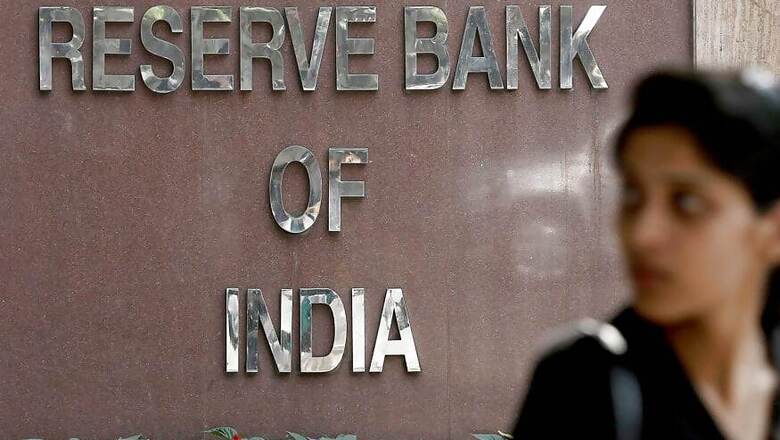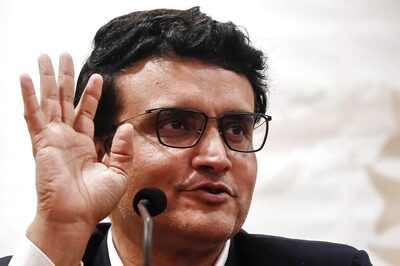
views
With the government set to present the Union Budget 2017-18 on February 1, some of the leading tech companies and IT manufacturers are bracing up for the implementation of the much anticipated Goods and Services Tax (GST), demanding that the excise duty structure should be rationalised.
"The IT industry has been seeking an extension of the excise duty differential benefit scheme to cover all the Information Technology Agreement (ITA) products including desktops, laptops, telecommunications equipment etc. This would mean a zero duty on all inputs for manufacturing of electronic components and parts," said Alok Ohrie, President and Managing Director, India Commercial, Dell-EMC.
According to Rajiv Srivastava, Managing Director, HP Inc. India, IT manufacturers are bracing themselves for the GST implementation.
Also read: Motorola Brings Secure Android Smartphone For Israeli Army Soldiers
"The government's objective should be to enable this transition from the current taxation system as smooth and orderly as possible -- both for itself and for businesses and consumers. It will be important to outline a roadmap for IT manufacturers for the implementation of the new GST policy well in time," Srivastava said in a statement.
According to Ohrie, expected budget benefits include import substitution, attracting component manufacturers to set up base in the country and the creation of numerous jobs in the IT sector.
"After Make in India and demonetisation, the next big disruption is GST. The government has to carefully take measures to remonetise the economy to return to high GDP growth while maintaining cost competitiveness," noted Vikas Agarwal, General Manager, OnePlus India.
"From policy perspective, the tax structure should be rationalised and land acquisition policies should be simplified to enable local manufacturing at a larger scale," Agarwal added at a time when US tech giant Apple is seeking tax concessions to manufacture in India.
Also read: Asus Zenfone 3S Max Review: Looks Good, Houses a Stellar Battery
"The government should look for special incentives for the component industry to make manufacturing far more sustainable in India. The extension of the duty differential scheme to the PC segment will definitely take India one step closer to making it an export hub," said Rahul Agarwal, Managing Director & CEO of Lenovo India.
According to Samson Khaou, Managing Director, Dassault Systemes India, the government must pursue the positive momentum for the dynamic and ambitious national projects like Make In India, Smart Cities and Digital India.
"Budget 2016 focused more on all-inclusive growth including boosting digital literacy, improved connectivity and access to technology across sectors. We hope to see a continued focus by the government of India in the realms of technological advancements," Khaou said.
Also read: Barcelona Draw Shows Dire Need For 'Goal Line Technology'
"We hope there is a robust policy to accelerate the utilisation of funds allocated to the IT sector so that there is a far-reaching impact of technology where every change at even the micro level will contribute towards actualisation of the larger goal of digitization," added Rahul Agarwal.


















Comments
0 comment